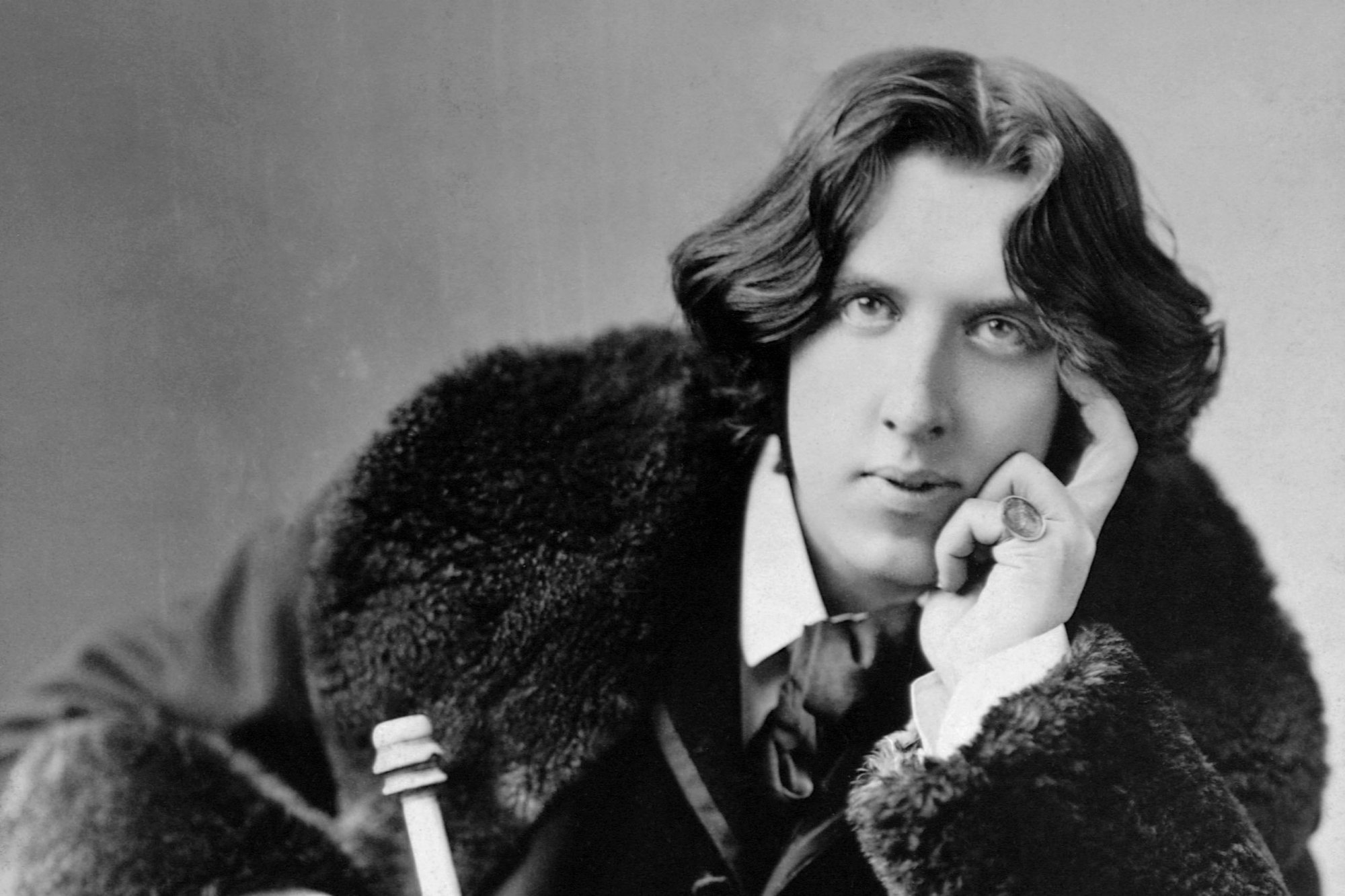Since it was founded in 1592, Trinity College has seen its fair share of notable individuals pass through Front Arch. As students, they roamed the corridors of the Museum Building, climbed the stairs of the GMB and practiced their shot on the Cricket pitch. As alumni, they have gone on to make great contributions both within Irish society and on international academic and cultural level. Trinity’s most famous alumni range from the likes of Samuel Beckett and Jonathan Swift, to Michael O’Leary and David McWilliams. One of the most recognised and influential of these alumni is the great playwright, novelist and poet, Oscar Wilde.
Born to successful Anglo-Irish Dublin intellectuals at 21 Westland Row in 1854, Wilde’s childhood was, much like his parents, unconventional. His mother, Jane Francesca Elgee, considered herself somewhat of a revolutionary, as well as being an artist and writer. His father, Sir William Wilde, was an eminent Victorian and an aural doctor, with there also being whispers of him being an alcoholic. The Wilde children were often left to mingle with the intellectuals, artists and internationally-known medics who passed through their doors. Being exposed to many of the highly educated elite would have provided a strong foundation to Wilde’s path to Trinity College.
Wilde benefited the many advantages of superior education at Portora Royal School in Enniskillen, Co. Fermanagh. Here saw the genesis of his passion for Classics come into being, a subject he would later go on to study at Trinity. He won several prizes during his time at Portora and graduated with a royal scholarship to attend Trinity College Dublin.
During September 1871, Wilde began his four year stint in Trinity College. At the time, Trinity was a world leader in the field of Classics, a fact that appealed to Wilde given his aptitude for this area. In his time there, he would encounter other scholars such as R. Y. Tyrell, Arthur Palmer and Edward Dowden.
Wilde’s time at Trinity also connected him with his tutor, J.P. Mahaffy, who inspired Wilde’s love of Greek. This was one of the most influential relationships formed by Wilde during this time. As an undergraduate, Mahaffy became President of the University Philosophical Society, otherwise known as The Phil, and later went on to become Provost of the College. Conversations between Wilde and Mahaffy are said to have been colourful, with the two often discussing topics such as homosexuality in Ancient Greece. Wilde was arguably a protégée of Mahaffy, describing him as his “first and greatest teacher”. The two also worked together on Mahaffy’s book, Social Life in Greece, with Wilde crediting him as “the scholar who showed me how to love Greek things”. Mahaffy himself boasted of having “created” Wilde.
The Phil played a significant role in Wilde’s time at Trinity, providing him with an educational resource as well as a social outlet. He quickly became an established member, discussing both intellectual and artistic subjects on a weekly basis, such as the work of Rossetti and Swinburne. It was here that he presented one of his first papers, entitled Aesthetic Morality. The more light-hearted and witty side of Wilde’s personality can also be seen in his interaction with this society, with the members’ suggestion book for 1874 containing two pages which sportingly mock his emergent aestheticism.
However, Wilde’s involvement in Trinity went far beyond his relationship with Mahaffy and his involvement with The Phil. He was awarded many honours during his time, including the Berkeley Gold Medal, the University’s highest academic award in Greek. He also came top of the class in his first year, and after sitting the Foundation Scholarship Examinations in his second year, was successfully awarded the title of a scholar.
Despite his apparent intellect and talent, Wilde was a seemingly rebellious character in a way that only he could be, getting himself into trouble one year for turning up to College three weeks after the term had begun, though he continued to prove himself as an excellent scholar. His success within Trinity’s community lead to the eventual attraction of public attention through the distinctive nature of his writing and opinions, garnering him fame and recognition throughout Dublin City.
As his four years at Trinity drew to a close, Wilde wished to continue his studies of Classics and Greek. Encouraged by his peers and teachers at Trinity to compete for a demyship (a type of scholarship) to Magdalen College, Oxford, he was unsurprisingly successful in procuring this; such was the extent of his talent for these subjects. He went on to study at the College from 1874 until 1878.
Wilde’s legacy in Trinity does not end with the time he spent studying there. Eager to preserve the connection with renowned alumnus, College set up the Trinity Oscar Wilde Centre for Irish Writing in January 1998. The centre resides at Wilde’s birthplace and familial home at 21 Westland Row. According to the centre’s webpage, “as an interface between the College and the community, the Oscar Wilde Centre plays a role in bringing the achievement and ambition of writers and scholars to the attention of a wider public both at home and abroad.” They offer multiple courses in both creative and Irish writing, as well as running a series of evening lectures open to the public.
In February of 2011, an Oscar Wilde Festival organised by DU Players and The Phil was held on campus, showcasing comedy, music, theatre and spectacle set in Wilde’s old stamping ground, with Trinity’s campus coming alive to pay tribute to one of its most renowned alumni.







